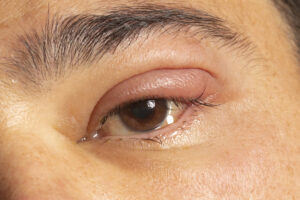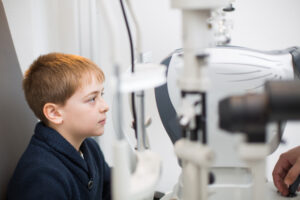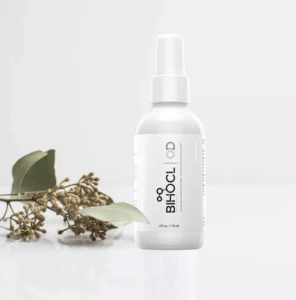It might be tricky to remember to remove your contacts every night, and doing so isn’t always the most convenient thing to do. However, if you’ve slept in them before, you know that struggling to remove those crusty, sticky lenses from your eyeballs the morning after can be even more exasperating. The following are several other reasons why you shouldn’t sleep in your contacts:
Why not sleep in your contact lenses?
Sleeping with contact lenses on raises your risk of eye infection. In severe cases, infected corneas can cause permanent visual loss.
Fungal Keratitis
Keratitis is an inflammation and swelling of the cornea, the clear part of the eye. There are many causes of keratitis, including certain fungi. Fungi that can cause keratitis include Fusarium, Aspergillus, and Candida. This virus is more common in tropical areas, but can occur elsewhere. If untreated, fungal keratitis can cause vision loss, blindness, or require surgery..
Bacterial Keratitis
Keratitis can also be caused by bacteria such as Pseudomonas aeruginosa and Staphylococcus aureus. These bacteria are commonly found in soil and water, as well as on your body. Introducing bacteria to your eyes with your fingers can cause bacterial keratitis. Uncleaned lenses or storage cases, or rinsing your lenses in water, can also increase the risk of bacterial keratitis.
Bacterial keratitis, just like fungal keratitis, can cause vision loss if not addressed. Wearing contacts overnight increases your risk of getting an infection.
Acanthamoeba Keratitis
Ancanthamoeba keratitis is caused by Acanthamoeba, a single-celled organism found in water, soil, tap water, HVAC systems, and hot tubs. 85% of people who contract Ancanthamoeba keratitis wear contacts. Swimming or bathing while wearing contact lenses increases the risk substantially. This form of infection can also occur if you have a scrape in your eye from an injury, or if the organism comes in contact with your eye through water or contaminated solution.
Overnight contact lens use increases the chances of developing Ancanthamoeba keratitis, since wearing contacts overnight limits oxygen to your cornea, which reduces its capacity to fight off bacteria.
Tip: Lubricating eyedrops prevent dry, scratched eyes
Although contact lenses improve eyesight, they increase the risk of developing abrasions on the inner surface of the eyelid over time. This is compounded by sleeping in contact lenses overnight. To avoid itching and dryness in your eyes, lubricating drops are very helpful. If you are experiencing chronic eye dryness, there are several treatments available.
When it comes to the health of your eyes, it is better to be proactive rather than reactive. By wearing, cleaning, and disposing of contact lenses as instructed, you will lessen the likelihood of causing any irritation or eye infections.








